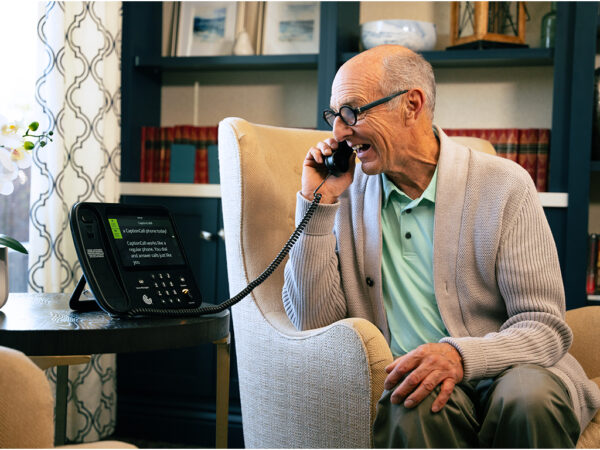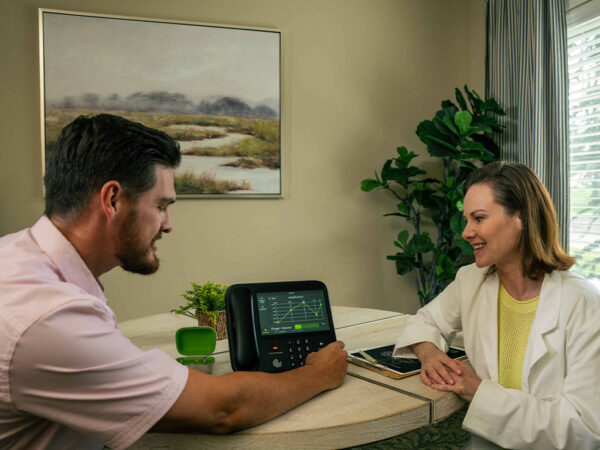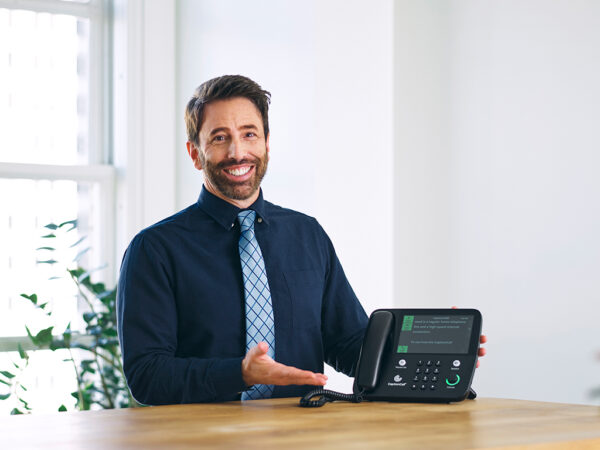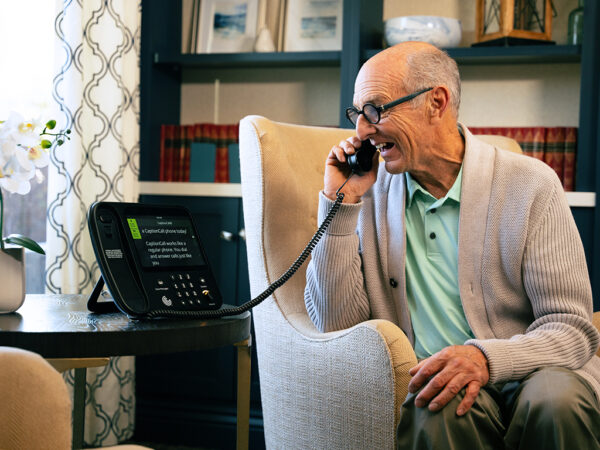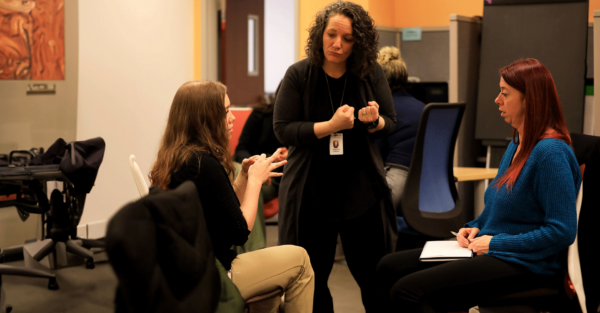Joining a Hearing Loss Support Group

No Value (acf:field_669fe7fdb55ef)
Sometimes hearing loss can create feelings of isolation, but there are others out there who understand and share your experiences. Whether you are new to hearing loss or have used hearing aids for several years, hearing loss support groups have a lot to offer.
Some of the most positive aspects of these social circles include:
- New resources: Fostering new friendships in a support group will lead to exchanging tips and tricks on how to navigate daily life with hearing loss. You can get advice on assistive devices, communication techniques, and coping mechanisms.
- Improved communication skills: Your new friends can help you develop a critical skill for hearing loss: active listening. It’s beneficial even with full hearing for having more empathy during conversations. As you learn and practice your active listening, you can look forward to better communication in both personal and professional relationships.
- A sense of motivation and empowerment: Support group members often inspire one another and keep each other focused on overcoming their mutual challenges. This can lead to more confidence and a better outlook on your daily life.
- Reduced stigma: Knowing you are not alone does more than reduce feelings of isolation. It helps you recognize it’s okay to advocate for yourself. Openly discussing your hearing loss experiences will make self-advocating easier at work, home, and even socially.
HLAA (Hearing Loss Association of America) makes it easy to find hearing loss support groups with its online map.
“We know that when people connect with others who share the same issues and challenges, it can be very empowering”, says Barbara Kelley, HLAA’s Executive Director. “One of the most common things we hear when people attend an HLAA event for the first time, is ‘I’m not alone!’ Hearing loss can be isolating, so support and connection are often what inspires people to thrive.”
Related articles
Deaf Community
News
News and updates about Sorenson VRS products and features and the Deaf community
Hearing Health Providers News
Hearing loss news and trends for hearing health professionals
Hard-of-Hearing
News
News and updates about living well with hearing loss and getting the most out of CaptionCall and CaptionCall Mobile

No Value (acf:field_67911dacbb423)
Finding support from CaptionCall
If you need support from us, you can check out our online user guides and video tutorials any time for help with your CaptionCall phone or service.
Our Customer Care team is also happy to lend an ear. You may contact us by phone at (877) 557-2227 or by email at [email protected] for CaptionCall and [email protected] for questions about CaptionCall Mobile.
Our U.S.-based support team is available during these hours:
Monday – Friday: 9 AM – 10 PM ET
Saturday – Sunday and holidays: 10 AM – 7 PM ET

No Value (acf:field_67911d8bbb421)











